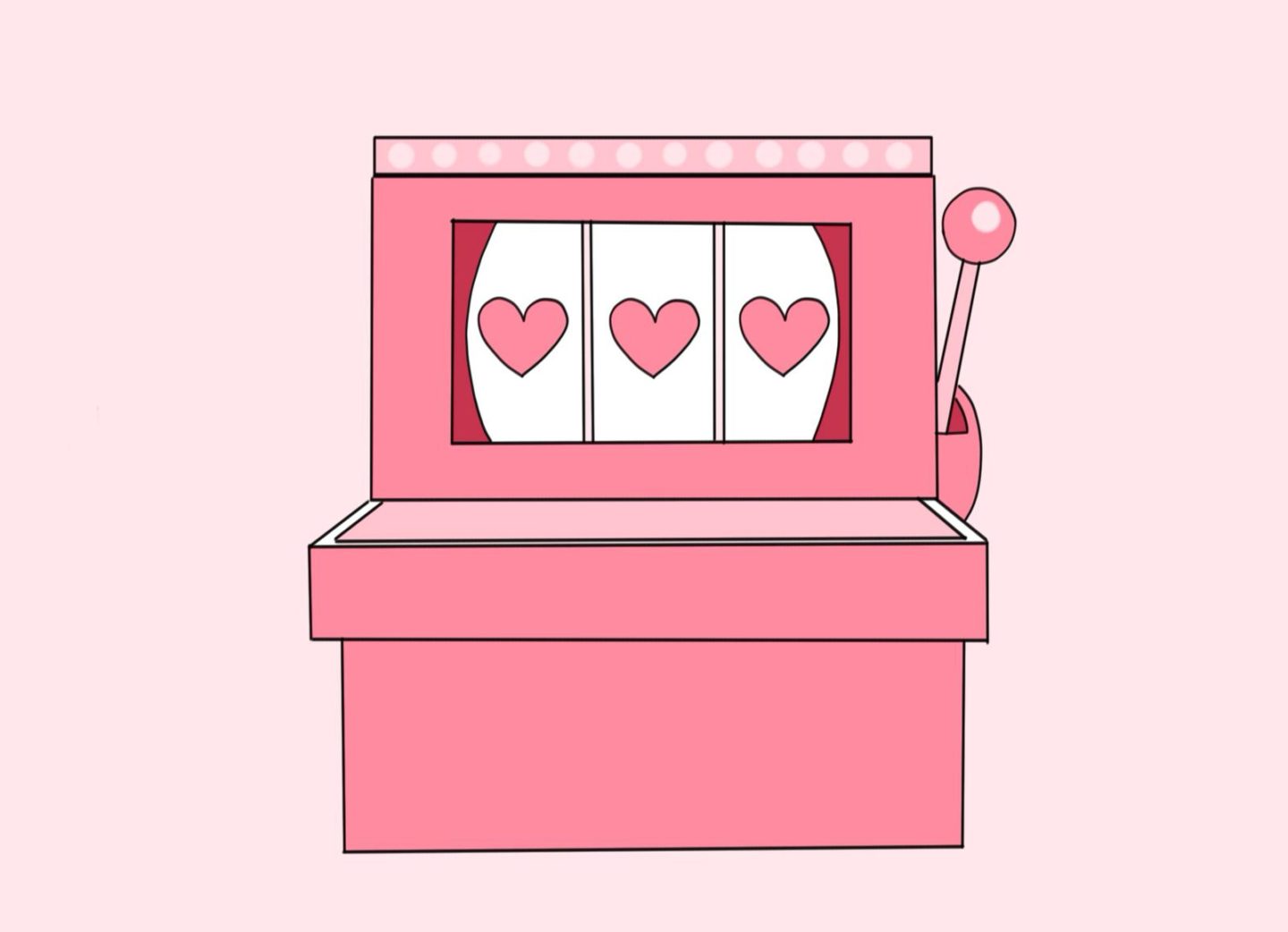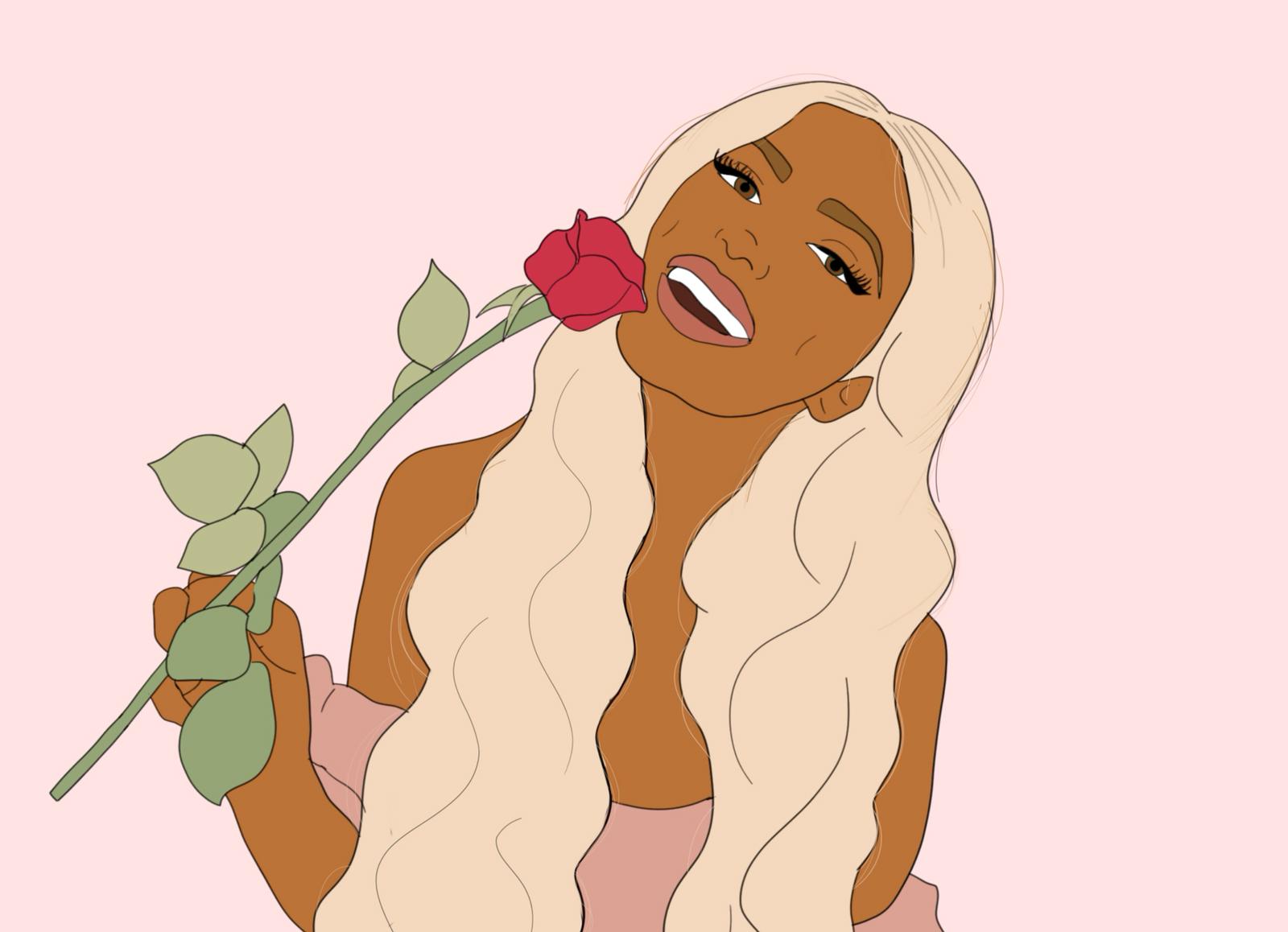The idea of being addicted to love can be glamorised but the red coloured hearts and constant love bombs, we drop on our partners, may be an insensitive approach to a more complex issue. Do you consider yourself a love addict – are you addicted to love?
Love addiction can arise from severe childhood trauma. How does childhood trauma affect relationships in adulthood you ask? A lack of healthy boundaries with our parents or internalising their domestic disputes can create attachment injuries. As adults, if our inner child’s needs are not met, we can regress back into that little person we once were. I still see my six-year-old self walking on eggshells to avoid angering a narcissist caregiver. Feeling invisible as a child developed my un-healthy love addiction to my partner.
But love addictions aren’t exclusive to romantic or sexual relationships. It’s possible to feel this way towards your child, a good friend or even someone you haven’t even met. A love addict expects that someone to solve their problems, provide unconditional love and look after them, at all times. When these unrealistic needs aren’t met, the person can feel wounded and create conflicts in the relationship.
My emotions were unregulated

Throughout the years I spent with my partner, my emotions were unregulated. My inability to communicate my needs to him, without a meltdown in the middle of a restaurant or standing in front of his moving car, made me feel like I was going crazy. My emotions were crippling but life without him was unimaginable.
Searching for a father figure in a partner is never a good idea; I glorified his good qualities and overlooked more problematic ones. But it was clear that when I got upset with him my emotions denied my ability to formulate calm sentences. Rather than saying “I’m so hurt right now”, I’d reach for the closest object. To his friends and flatmates that instigated that I was crazy, maybe I just needed to be heard. To my partner who blamed it all on me, maybe it was easier to hide behind my shortcomings than to acknowledge his own.
It’s easy to manipulate the ‘crazy’ woman; to gaslight and patronise her when she’s most vulnerable. To overlook the discomfort she feels as being overdramatic. I saw what you did there; activated my triggers to then treat me like a broken child who had just thrown all her toys out the pram; “you will never change, Saheera”.
I spent hours either blaming myself or formulating multiple f-worded text messages. The passionate makeup sex sweetened the toxic belief that ‘love can fix us both’. I never blamed him for being thrown into the deep end but I can never get over how misunderstood I was. Am I a decent human if I lash out? Is someone simply taking advantage of me because I have no boundaries? Am I going crazy?
But we were both dealing with trauma from our childhoods
In hindsight, we were both running from something created in our childhoods. Absent fathers and financial family burdens were a breeding ground for trauma bonding. I confused falling in love for a therapeutic intervention we both needed.
I’m a firm believer of taking accountability so can’t side with the epidemic that “men and relationships are trash”. I feel it’s dismissive to the complexity of relationships. For some, the end of a relationship is something that we can’t fully grieve and that sense of longing for a saviour remains as strong as ever.
However, the end of this relationship has forced me to realise I’m responsible for me. Books like The Body Keeps Score has allowed me to understand how the imprint of trauma is still holding me captive. Even at 26, I’m still that powerless six-year-old girl walking on eggshells.
But going to therapy for my mental health is beginning to teach me the importance of re-parenting myself. I must greet my six-year-old self with kinder words. I wish I could end this on a happier note, but life is never that easy. We must openly accept our trauma and the pain it brings without flinching or recoiling from it. It’s okay to sit with it and say, “wow, that was some fucked up shit I was put through and I will not put up with that again”, without being made to feel awful. This is key to forming healthier relationships with ourselves and others.
Find more relationship articles here >
Written by Saheera Ausaluth
Illustrated by Francesca Mariama

